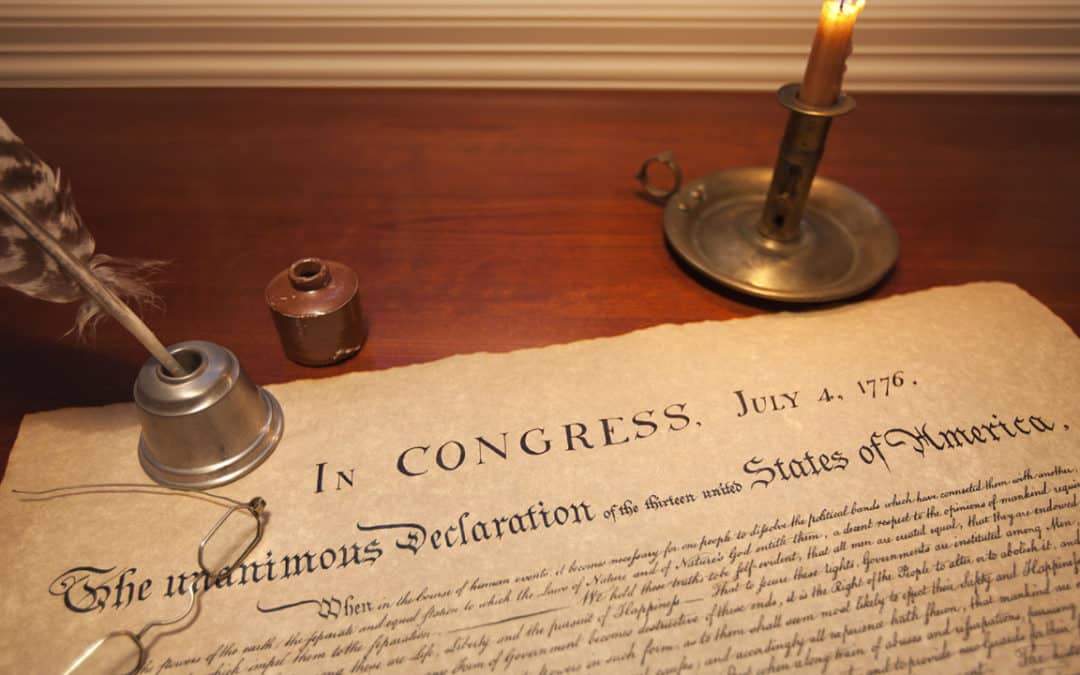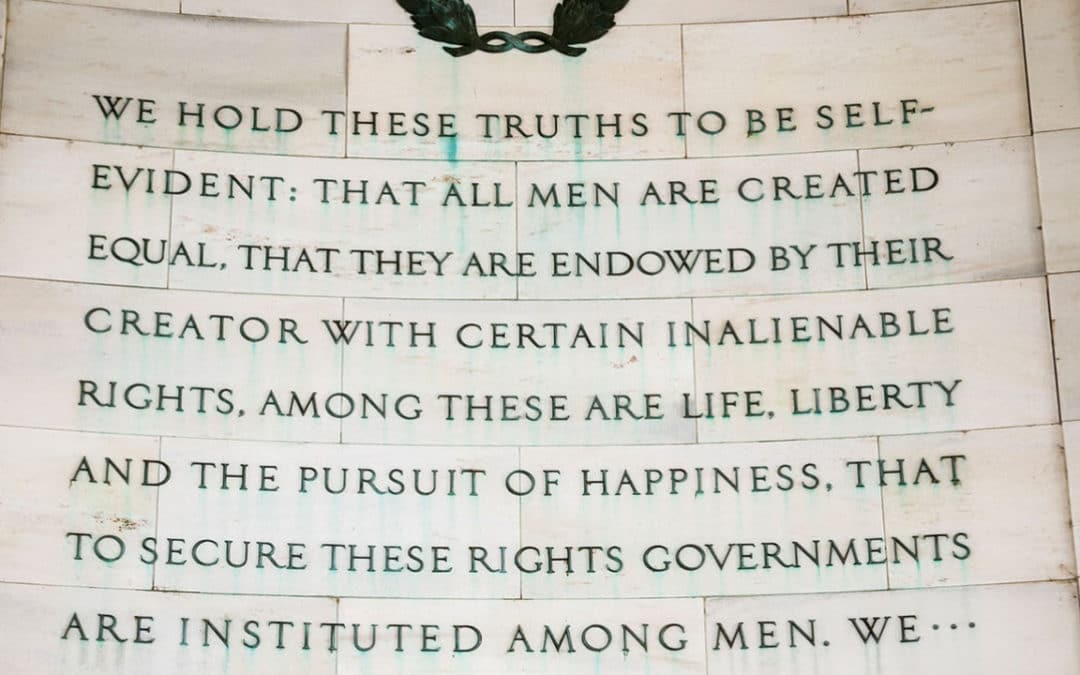


The Three Traits of Tyranny
The American founders who drafted and signed the Declaration of Independence grounded their case for separating from Great Britain on a philosophy of government derived from the writings of John Locke: especially from Lockean notions of legitimate government vs....
What the American Founders Meant by Equality
The Declaration of Independence famously proclaimed that “all men are created equal.” Thanks in part to that prestigious endorsement, “equality” has become a widely held social ideal. But what most modern-day egalitarians promote is far removed from the kind of...
What Are Rights? This Is What the Founders Believed
In 1776, the Declaration of Independence proclaimed that everyone is endowed with “unalienable Rights.” Years later, the Bill of Rights elaborated on those rights. Subsequently, the rights of many (although not all, tragically and atrociously) Americans were secured...
